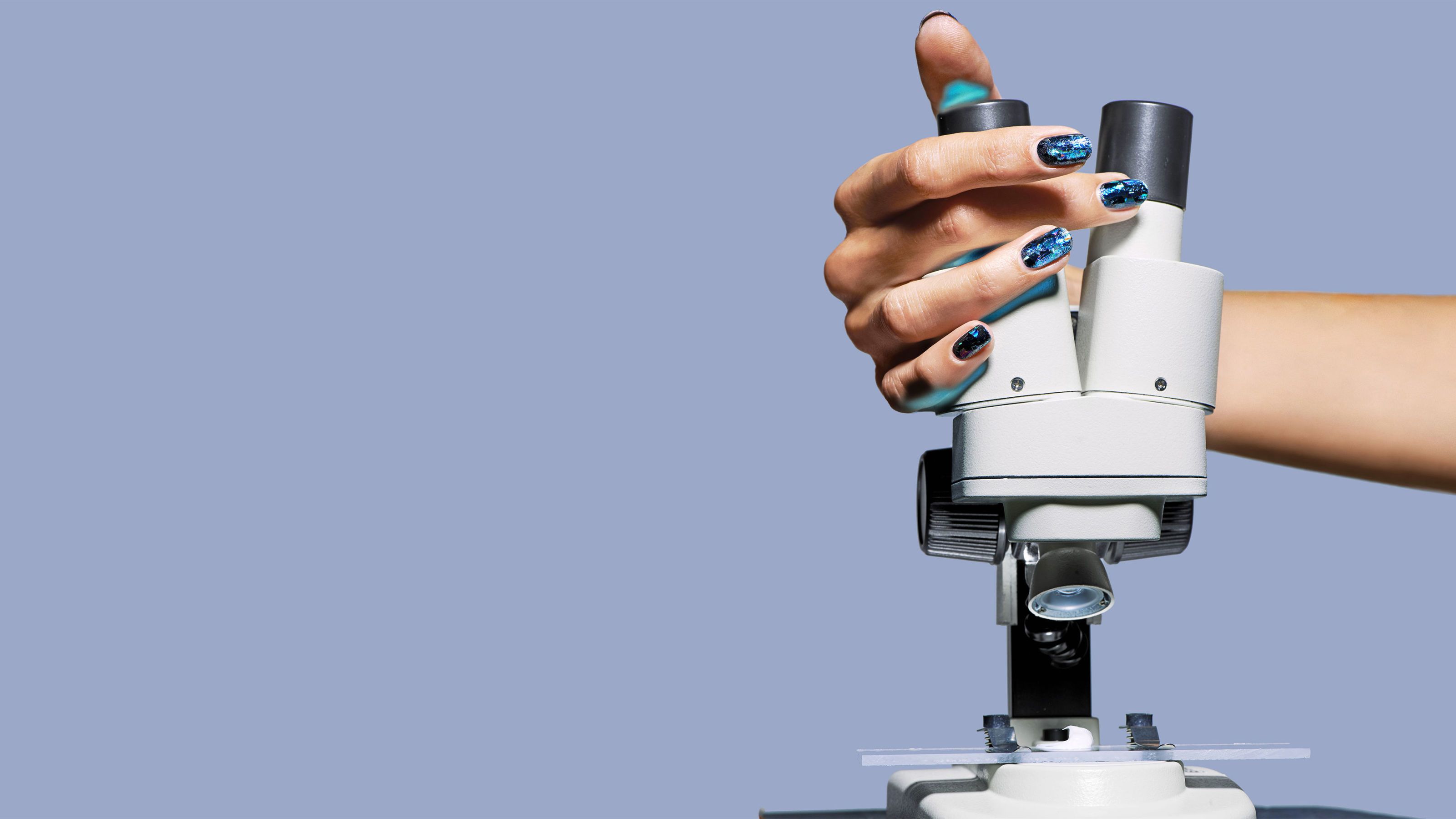The Shrink Is In: Psychiatrist Samantha Boardman Takes on Your Biggest Issues
In her debut column, the doc answers reader questions about stress, doing a million things at once, and those annoying suggestions to just "be yourself."

Following common, chirpy advice to "Do what you love!" or "Seize the day!" seems to come easily to some, but I find myself unable to relate—they seem more like chores than motivating challenges. Am I overthinking it?
Dr. Boardman: There are some spectacularly bad pieces of advice out there. "Be yourself" is one of the worst o enders. First of all, it doesn't really mean anything. It is based on the faulty assumption that there is a "true you," some mythical entity buried deep inside you that has all the answers.
I would argue that there isn't a fixed self, but that there are many versions of ourselves—our best selves, our worst selves, and everything in between.
I would argue that there isn't a fixed self, but that there are many versions of ourselves—our best selves, our worst selves, and everything in between. I know this firsthand. I used to get nervous whenever I had to speak publicly. "Be yourself," advised my well- meaning boss. Had I been my true self, I would have either collapsed at the podium or escaped through the back door. I learned that the most effective way to become the best version of myself wasn't to focus on myself at all. By thinking about someone I admire—Barbara Walters—I was able to channel my inner orator. Now, whenever I give a speech, I just think to myself, What would Barbara do?
Is there such a thing as good stress?
Dr. Boardman: Stress isn't all bad. Think about how satisfying it is to meet a challenging goal or to accomplish something you worked hard for. The truth is, things that are meaningful, that reflect your values, and that require mastery often go hand in hand with stress. In fact, research from the University of California, Berkeley, suggests that some stress is good for us. It boosts memory and cognitive ability. Problems arise when stress is nonstop. I advise my patients to dissect their stress—to think about what they can control and what is beyond their control. For example, while you may not be able to control how many e-mails you receive in a given day, you can designate specific times during the day to check your account. Taking personal control over seemingly minor sources of stress is fortifying and resilience-building.
During difficult times is exactly the moment when we need to spend time with friends.
Work demands, family commitments, maintaining friendships, and general anxiety about the state of the world have me drained. How can I cope or even, dare I suggest, thrive?
Dr. Boardman: When we feel like we are being pulled in a thousand directions at once, it is easy to lose sight of the daily things we can do to stay strong within our stress. We retreat into bad habits like staying up all night, binge- watching TV, scarfing down junk food, and skipping workouts.
Get exclusive access to fashion and beauty trends, hot-off-the-press celebrity news, and more.
RELATED STORIES


We withdraw from friends, we are reluctant to try new things, and we don't make time for our favorite hobbies. The result is a double dose of stress. During these difficult times, I recommend being "un-you." Essentially, it is about doing the opposite of what we feel like doing—i.e., crawling under the covers with a bucket of ice cream. This is exactly the moment we need to eat healthy, get enough rest, spend time with friends, show up at book club, take a walk in the park, look up from our devices, and hold the elevator door for a stranger. Focusing on things outside of ourselves helps defang the stress we are experiencing. The countless interactions, micro-moments, and decisions that we make every day can either enhance or diminish us.
Dr. Samantha Boardman is a clinical instructor in psychiatry and assistant attending psychiatrist at Weill Cornell Medical College in New York City, and the founder of positiveprescription.com.
This article appears in the July issue of Marie Claire, on newsstands June 20.
Marie Claire is committed to celebrating the richness and scope of women's lives. We're known for our award-winning features, thoughtful essays and op-eds, deep commitment to sustainable fashion, and buzzy interviews and reviews. Reaching millions of women every month, MarieClaire.com is an internationally recognized destination for celebrity news, fashion trends, beauty recommendations, and renowned investigative packages.